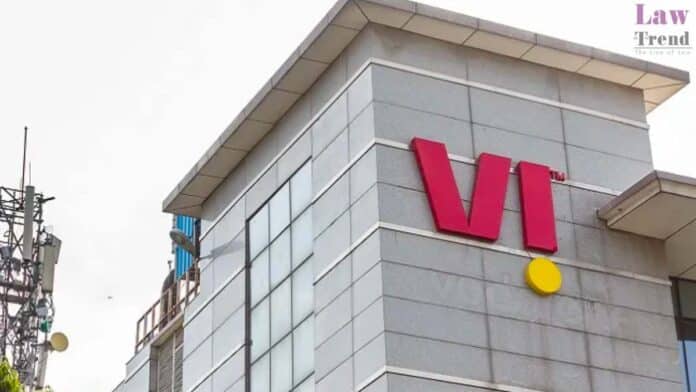The Supreme Court on Monday adjourned the hearing of Vodafone Idea Ltd.’s plea challenging the Department of Telecommunications’ (DoT) additional adjusted gross revenue (AGR) demand of ₹5,606 crore for the financial year 2016–17. The matter will now be heard on October 27, after the Diwali vacation.
A bench led by Chief Justice B. R. Gavai and Justice K. Vinod Chandran was scheduled to hear the case. However, Solicitor General Tushar Mehta, representing the Centre, requested the court to defer the hearing to explore the possibility of a resolution.
“Some solution may have to be found out, subject to your lordship’s approval. If it can be kept next week, we can think of some solution,” Mehta told the bench. He also pointed out that the government now holds nearly 50 percent equity in Vodafone Idea, making it a direct stakeholder in the company’s survival.
Vodafone Idea’s fresh plea seeks a direction to the DoT to “comprehensively re-assess and reconcile all AGR dues for the period up to FY 2016-17” as per the Deduction Verification Guidelines issued on February 3, 2020.
AGR (Adjusted Gross Revenue) is the income figure used to calculate license fees and spectrum usage charges that telecom operators owe to the government. Earlier, AGR included both telecom and non-telecom revenues such as interest income and asset sales. In 2021, the definition was relaxed to exclude non-telecom income, reducing the financial burden on operators.
In October 2019, the Supreme Court upheld DoT’s interpretation of AGR and directed telecom companies to pay their dues. The court made it clear that the AGR demand was final and there could be no re-assessment or reopening of the issue.
In September 2020, the court allowed telecom companies 10 years to clear ₹93,520 crore of AGR dues, directing them to pay 10% of the total by March 31, 2021, and the balance in annual instalments till March 31, 2031.
Earlier this year, the Supreme Court rejected the review pleas filed by Vodafone Idea and Bharti Airtel seeking rectification of alleged calculation errors in their AGR dues, including claims of arithmetical mistakes and duplication of entries.




